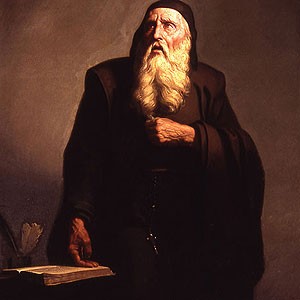-
? - (d.)1315 June 29
Bio/Description
A Majorcan writer and philosopher, he wrote the first major work of Catalan literature. Recently-surfaced manuscripts show him to have anticipated by several centuries, prominent work on elections theory. He is recognized as a pioneer of computation theory, especially given his influence on Gottfried Leibniz. He is well known also as a glossator of Roman Law. He was born in Palma, the capital of the new Kingdom of Majorca and was well educated. He was conversant in Latin, Catalan, Occitan and Arabic. Around 1257 he became the seneschal (the administrative head of the royal household) to the future King James II of Majorca. With the 2001 discovery of his lost manuscripts Ars notandi, Ars eleccionis, and Alia ars eleccionis, he is given credit for discovering the Borda count and Condorcet criterion, which Jean-Charles de Borda and Marquis de Condorcet independently discovered centuries later. The terms Llull winner and Llull loser are ideas in contemporary voting systems studies that are named in his honor. His systems of organizing concepts using devices such as trees, ladders, and wheels, have been analyzed as classification systems. He is also known to have written at least 265 works, including: Desconort (on the superiority of reason), L'arbre de ci?ncia, Arbor scientiae ("Tree of Science"), Ars electionis (on voting), Artifitium electionis personarum (on voting).
-
Date of Death:
1315 June 29 -
Gender:
Male -
Noted For:
A pioneer of computation theory -
Category of Achievement:
-
More Info:


